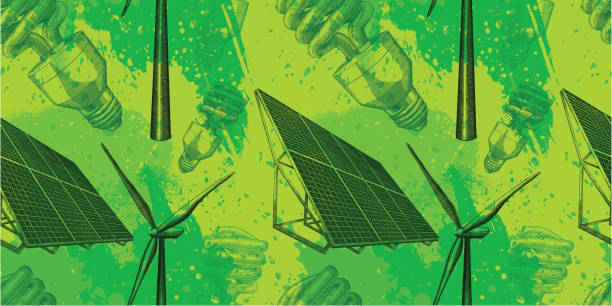Why Mali’s Energy Future Is Brighter Than a Sahara Sunrise
Picture this: a Malian village where solar panels power water pumps for crops, smartphones and household appliances. This is not the plot of a novel – it’s the direct result of the impact of public-private partnerships (PPPs) that are changing the renewable energy landscape in Mali. As the locals joke, “We’ve replaced the camel caravan with an electronic highway”!
Mali’s Energy Reality Check
With only 35% of Mali’s population connected to the grid[1], the country faces an energy paradox. While blessed with:
- 3,000+ hours of annual sunshine
- Untapped wind corridors in the Adrar des Ifoghas
- Biomass potential from agricultural waste
Mali’s renewable resources remain largely unexploited. Enter PPPs – the secret sauce blending government vision with private sector efficiency.
How PPPs Became Mali’s Energy Game-Changer
Remember when mobile money revolutionized African banking? PPPs are doing the same for energy access. Here’s the recipe:
- Government: Provides land and regulatory sandboxes
- Private firms: Bring tech and operational muscle
- Development banks: Mitigate financial risks
Case Study: The Ségou Solar Success
In 2023, Mali’s first grid-scale solar project (50MW) came online through a $60 million PPP[2]. The numbers speak volumes:
The project’s secret? A “pay-as-you-glow” payment model that adapts Africa’s famous mobile money innovation to energy financing.
The Off-Grid Revolution: Energy Where Grids Can’t Reach
PPPs are bypassing traditional infrastructure hurdles like a desert fox dodging thorn bushes. Solar home systems now power:
- Village clinics preserving vaccines
- Textile co-ops running electric looms
- “Solar cinemas” for community education
A Malian grandmother’s review says it all: “My solar lamp lets me quilt at night without setting my hair on fire!”
Financing Frontier: Blended Finance Innovations
The real magic happens in financial engineering:
- Green bonds guaranteed by ECOWAS
- Results-based climate financing
- Carbon credit pre-purchase agreements
As one Bamako banker quipped, “We’re turning sunshine into collateral!”
What’s Next? The 2030 Energy Horizon
Emerging trends shaping Mali’s energy future:
- AI-powered mini-grid optimization
- Agrivoltaics – crops under solar panels
- Battery-swap stations for EVs
The ultimate goal? Making Mali’s energy mix as diverse as its cultural heritage. After all, as the Bambara proverb goes: “One finger can’t lift a pebble – but many can move mountains.”
[1] World Bank Energy Access Report 2024
[2] African Development Bank Project Database

